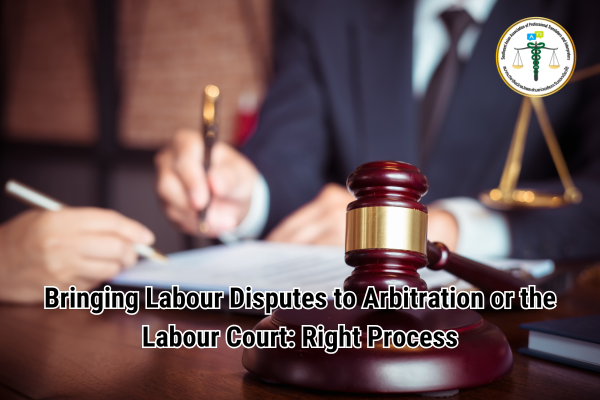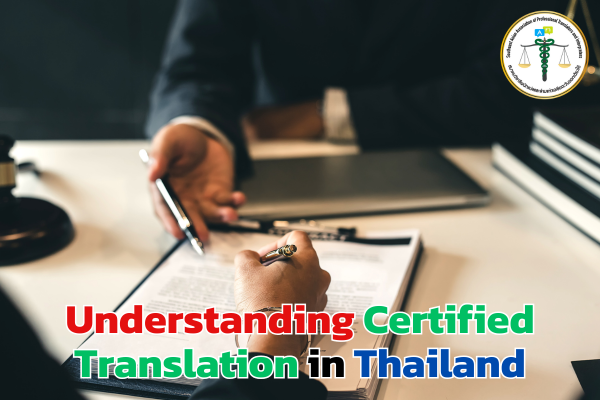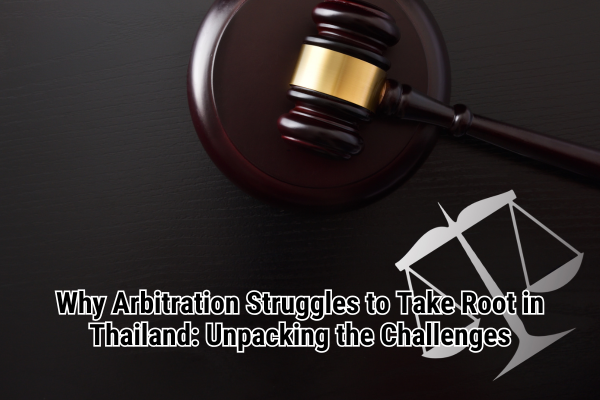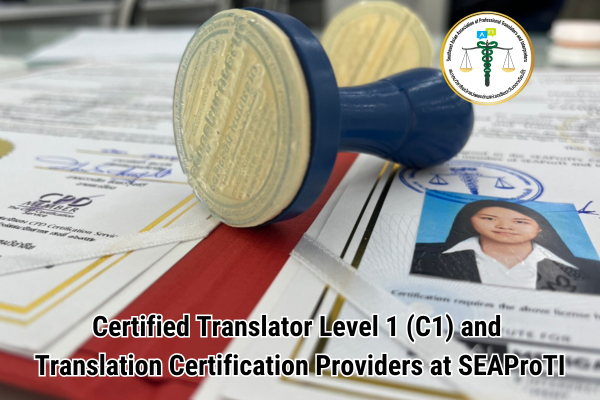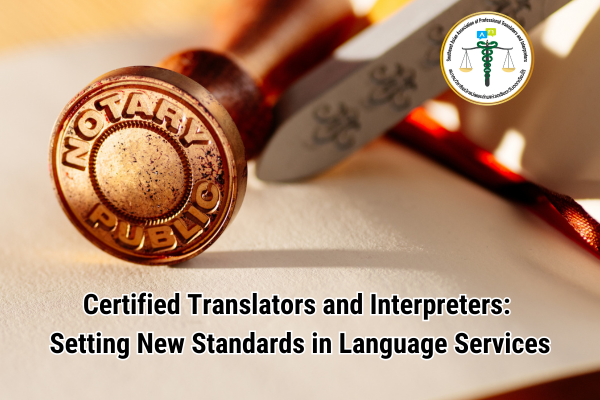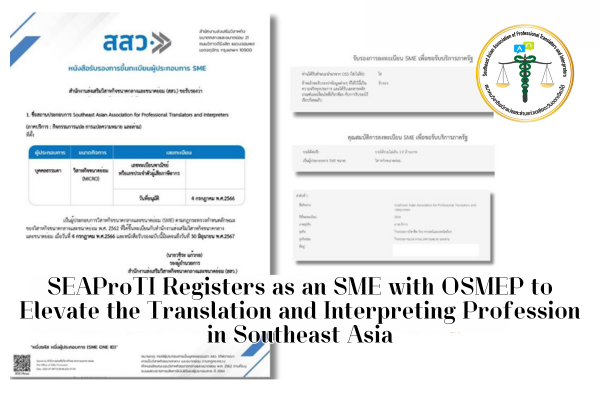Bringing Labour Disputes to Arbitration or the Labour Court:
What Determines the Right Process
3 February 2025, Bangkok – The decision to resolve a labour dispute through arbitration or in the Labour Court depends on the conditions outlined in the employment contract and applicable labour laws. The following factors determine the appropriate legal channel:
1. Cases Eligible for Arbitration
An employment contract may specify arbitration as a dispute resolution mechanism if the conditions are clear and comply with legal requirements. The key conditions include:
- The contract contains an arbitration clause stating that in case of disputes, the matter will be resolved through arbitration instead of litigation in the Labour Court.
- The dispute must be one that can be resolved through arbitration, such as disputes over contractual rights, termination, compensation, or other employment contract-related issues.
- The arbitration terms must be fair and must not violate the Labour Relations Act B.E. 2518 (1975) or the Labour Protection Act B.E. 2541 (1998).
- Arbitration is typically suitable for high-level employees or workers in international organizations, where confidentiality and speed are prioritized.
Examples of contracts that may use arbitration:
- Employment contracts in international organizations or multinational corporations.
- Executive-level contracts that explicitly specify arbitration as the dispute resolution method.
- Employment agreements involving international labour disputes.
2. Cases That Must Be Taken to the Labour Court
Under the Labour Court Establishment and Labour Case Procedure Act B.E. 2522 (1979), the Labour Court has jurisdiction over disputes related to:
- Unfair dismissal
- Compensation and other entitlements, such as unpaid wages, overtime pay, severance pay in case of termination.
- Labour law violations, such as breaches of the Labour Protection Act B.E. 2541 (1998) or the Labour Relations Act B.E. 2518 (1975).
- Employment contract disputes where arbitration is not specified or when arbitration terms are deemed unfair to the employee.
- Complaints about employment conditions, such as salary reductions or changes in benefits without prior notice.
Examples of contracts that must be handled by the Labour Court:
- Employment contracts for general employees without an arbitration clause.
- Wage and benefit disputes for corporate employees.
- Termination without justification or unfair dismissal.
3. Contracts That Cannot Substitute Labour Court Jurisdiction with Arbitration
Even if a contract includes an arbitration clause, it cannot override the Labour Court’s jurisdiction in certain cases, such as:
- Terminations that violate Thai labour laws.
- Clauses that require employees to waive their right to sue in the Labour Court, as such agreements are unfair.
- Disputes involving labour protection laws, such as protections for female or child workers or contracts that violate minimum labour standards.
4. Summary: Choosing Between Arbitration and the Labour Court
| Type of Contract and Dispute | Handled by Arbitration | Handled by the Labour Court |
|---|---|---|
| Arbitration clause is valid and fair | ✅ | ❌ |
| Unfair dismissal | ❌ | ✅ |
| Wage and severance disputes | ❌ | ✅ |
| Disputes involving senior executives | ✅ | ❌ |
| Disputes in international organizations | ✅ | ❌ |
| No arbitration clause in the contract | ❌ | ✅ |
| Disputes involving violations of labour laws | ❌ | ✅ |
💡 Recommendations:
- If the contract contains a valid and fair arbitration clause → The dispute may be settled through arbitration.
- If the contract lacks an arbitration clause or involves labour law violations → The case must be taken to the Labour Court.
- When in doubt, consult a labour law attorney or relevant authorities such as the Ministry of Labour or the Labour Court for guidance.
SEAProTI’s certified translators, translation certification providers, and certified interpreters:
The Southeast Asian Association of Professional Translators and Interpreters (SEAProTI) has officially announced the criteria and qualifications for individuals to register as “Certified Translators,” “Translation Certification Providers,” and “Certified Interpreters” under the association’s regulations. These guidelines are detailed in Sections 9 and 10 of the Royal Thai Government Gazette, issued by the Secretariat of the Cabinet under the Office of the Prime Minister of the Kingdom of Thailand, dated July 25, 2024, Volume 141, Part 66 Ng, Page 100.
To read the full publication, visit the Royal Thai Government Gazette
ไขข้อข้องใจ: สัญญาจ้างแรงงานแบบไหนต้องไปศาลแรงงาน และแบบไหนใช้อนุญาโตตุลาการ
3 กุมภาพันธ์ 2568, กรุงเทพมหานคร- ในกรณีที่เกิดข้อพิพาทระหว่างนายจ้างและลูกจ้าง ไม่ว่าจะเป็นเรื่องค่าจ้าง การเลิกจ้าง หรือสภาพการจ้าง หลายคนอาจสงสัยว่าควรนำเรื่องเข้าสู่ ศาลแรงงาน หรือสามารถใช้ อนุญาโตตุลาการ เพื่อระงับข้อพิพาทได้หรือไม่ คำตอบขึ้นอยู่กับรายละเอียดในสัญญาจ้างแรงงานและกฎหมายที่เกี่ยวข้อง การทำความเข้าใจเงื่อนไขของแต่ละแนวทางจะช่วยให้ทั้งนายจ้างและลูกจ้างสามารถเลือกกระบวนการที่เหมาะสมได้อย่างมีประสิทธิภาพ
1. คดีที่สามารถนำเข้าอนุญาโตตุลาการ (Arbitration)
สัญญาจ้างแรงงานสามารถระบุให้ใช้ อนุญาโตตุลาการ เป็นกลไกในการระงับข้อพิพาทได้ หากมีเงื่อนไขที่ชัดเจนและเป็นไปตามกฎหมาย โดยเงื่อนไขที่ควรมี ได้แก่:
- มีข้อ อนุญาโตตุลาการ ในสัญญาจ้างงาน ซึ่งระบุว่าหากมีข้อพิพาท จะใช้ กระบวนการอนุญาโตตุลาการ แทนการฟ้องร้องต่อศาลแรงงาน
- ข้อพิพาทต้องเป็นเรื่องที่สามารถระงับข้อพิพาทโดย อนุญาโตตุลาการ ได้ เช่น ข้อพิพาทด้านสิทธิ์ตามสัญญา การเลิกจ้าง ค่าชดเชย หรือประเด็นเกี่ยวกับสัญญาการทำงาน
- ข้อกำหนดต้องเป็นธรรม และไม่ละเมิด พระราชบัญญัติแรงงานสัมพันธ์ พ.ศ. 2518 หรือ พระราชบัญญัติคุ้มครองแรงงาน พ.ศ. 2541
- เหมาะสำหรับข้อพิพาทของพนักงานที่มี ตำแหน่งระดับสูง หรือ แรงงานในองค์กรระหว่างประเทศ ที่มักเลือกใช้อนุญาโตตุลาการเพราะต้องการความเป็นส่วนตัวและรวดเร็ว
ตัวอย่างสัญญาที่นำเข้าอนุญาโตตุลาการ
- สัญญาจ้างงานในองค์กรระหว่างประเทศหรือบริษัทข้ามชาติ
- สัญญาของผู้บริหารระดับสูงที่มีการระบุชัดเจนเรื่องการระงับข้อพิพาทโดยอนุญาโตตุลาการ
- ข้อตกลงการจ้างแรงงานที่มีเงื่อนไขเกี่ยวกับข้อพิพาทในต่างประเทศ
2. คดีที่ต้องนำเข้าสู่ศาลแรงงาน (Labour Court)
ตาม พระราชบัญญัติจัดตั้งศาลแรงงานและวิธีพิจารณาคดีแรงงาน พ.ศ. 2522 ศาลแรงงานมีอำนาจพิจารณาข้อพิพาทแรงงานที่เกี่ยวข้องกับ:
- การเลิกจ้างโดยไม่เป็นธรรม
- ค่าชดเชยและค่าตอบแทนอื่น ๆ เช่น ค่าจ้างที่นายจ้างค้างจ่าย ค่าล่วงเวลา ค่าชดเชยกรณีนายจ้างเลิกจ้าง
- ข้อพิพาทเกี่ยวกับกฎหมายแรงงาน เช่น การละเมิดพระราชบัญญัติคุ้มครองแรงงาน พ.ศ. 2541 หรือพระราชบัญญัติแรงงานสัมพันธ์ พ.ศ. 2518
- ข้อพิพาทเกี่ยวกับสัญญาจ้างแรงงานที่ไม่มีเงื่อนไขอนุญาโตตุลาการ หรือมีเงื่อนไขที่ไม่เป็นธรรมต่อฝ่ายลูกจ้าง
- การร้องเรียนเรื่องสภาพการจ้าง เช่น การลดเงินเดือน การเปลี่ยนแปลงสวัสดิการโดยไม่แจ้งพนักงานล่วงหน้า
ตัวอย่างสัญญาที่ต้องนำเข้าสู่ศาลแรงงาน
- สัญญาจ้างพนักงานทั่วไปที่ไม่มีเงื่อนไขอนุญาโตตุลาการ
- ข้อพิพาทเรื่องค่าจ้างและสวัสดิการของพนักงานบริษัททั่วไป
- การเลิกจ้างโดยไม่แจ้งเหตุผลหรือไม่เป็นธรรม
3. สัญญาที่ไม่สามารถใช้อนุญาโตตุลาการแทนศาลแรงงานได้
แม้ว่าสัญญาจะมีข้อกำหนดให้ใช้อนุญาโตตุลาการ แต่ถ้ากฎหมายกำหนดให้ศาลแรงงานมีอำนาจเด็ดขาด ข้อกำหนดในสัญญาจะ ใช้ไม่ได้ ตัวอย่างเช่น:
- กรณีการเลิกจ้างที่ฝ่าฝืน กฎหมายแรงงานของไทย
- การระบุให้ลูกจ้างสละสิทธิ์ฟ้องร้องที่ศาลแรงงาน ซึ่งถือเป็น ข้อตกลงที่ไม่เป็นธรรม
- ข้อพิพาทที่เกี่ยวข้องกับกฎหมายคุ้มครองแรงงานโดยตรง เช่น การคุ้มครองแรงงานหญิง การคุ้มครองแรงงานเด็ก หรือการบังคับใช้สัญญาที่ละเมิดมาตรฐานแรงงาน
4. สรุปการเลือกใช้อนุญาโตตุลาการหรือศาลแรงงาน
| ประเภทของสัญญาและข้อพิพาท | เข้าสู่กระบวนการอนุญาโตตุลาการ | เข้าสู่ศาลแรงงาน |
|---|---|---|
| มีเงื่อนไขอนุญาโตตุลาการที่ถูกต้อง | ✅ | ❌ |
| การเลิกจ้างไม่เป็นธรรม | ❌ | ✅ |
| ข้อพิพาทเกี่ยวกับค่าจ้างและค่าชดเชย | ❌ | ✅ |
| ข้อพิพาทของผู้บริหารระดับสูง | ✅ | ❌ |
| ข้อพิพาทในองค์กรระหว่างประเทศ | ✅ | ❌ |
| ไม่มีข้อตกลงอนุญาโตตุลาการ | ❌ | ✅ |
| ข้อพิพาทเกี่ยวกับการละเมิดกฎหมายแรงงาน | ❌ | ✅ |
💡 คำแนะนำ:
- ถ้าสัญญามีเงื่อนไขอนุญาโตตุลาการและเป็นธรรม → สามารถนำคดีเข้าอนุญาโตตุลาการได้
- ถ้าสัญญาไม่มีเงื่อนไขอนุญาโตตุลาการ หรือเป็นข้อพิพาทด้านกฎหมายแรงงาน → ต้องเข้าสู่ศาลแรงงาน
- กรณีที่ไม่แน่ใจ ควรปรึกษาทนายความแรงงานหรือหน่วยงานที่เกี่ยวข้อง เช่น กระทรวงแรงงาน หรือศาลแรงงานโดยตรง
สรุป (Conclusion)
การตัดสินใจว่าจะนำคดีเข้าสู่ ศาลแรงงาน หรือ อนุญาโตตุลาการ ขึ้นอยู่กับข้อตกลงในสัญญาจ้างแรงงานและลักษณะของข้อพิพาท หากสัญญาระบุชัดเจนและเป็นธรรมว่าต้องใช้อนุญาโตตุลาการ ก็สามารถดำเนินการตามนั้นได้ อย่างไรก็ตาม หากเป็นกรณีที่เกี่ยวข้องกับสิทธิพื้นฐานตามกฎหมายแรงงาน เช่น การเลิกจ้างไม่เป็นธรรม ค่าจ้าง หรือสวัสดิการ ศาลแรงงานจะมีอำนาจพิจารณาโดยตรง การรู้จักใช้ช่องทางที่เหมาะสมจะช่วยให้กระบวนการยุติธรรมเป็นไปอย่างรวดเร็วและเป็นธรรมต่อทุกฝ่าย
เกี่ยวกับนักแปลรับรอง ผู้รับรองการแปล และล่ามรับรองของสมาคมวิชาชีพนักแปลและล่ามแห่งเอเชียตะวันออกเฉียงใต้
สมาคมวิชาชีพนักแปลและล่ามแห่งเอเชียตะวันออกเฉียงใต้ (SEAProTI) ได้ประกาศหลักเกณฑ์และคุณสมบัติผู้ที่ขึ้นทะเบียนเป็น “นักแปลรับรอง (Certified Translators) และผู้รับรองการแปล (Translation Certification Providers) และล่ามรับรอง (Certified Interpreters)” ของสมาคม หมวดที่ 9 และหมวดที่ 10 ในราชกิจจานุเบกษา ของสำนักเลขาธิการคณะรัฐมนตรี ในสำนักนายกรัฐมนตรี แห่งราชอาณาจักรไทย ลงวันที่ 25 ก.ค. 2567 เล่มที่ 141 ตอนที่ 66 ง หน้า 100 อ่านฉบับเต็มได้ที่: นักแปลรับรอง ผู้รับรองการแปล และล่ามรับรอง


